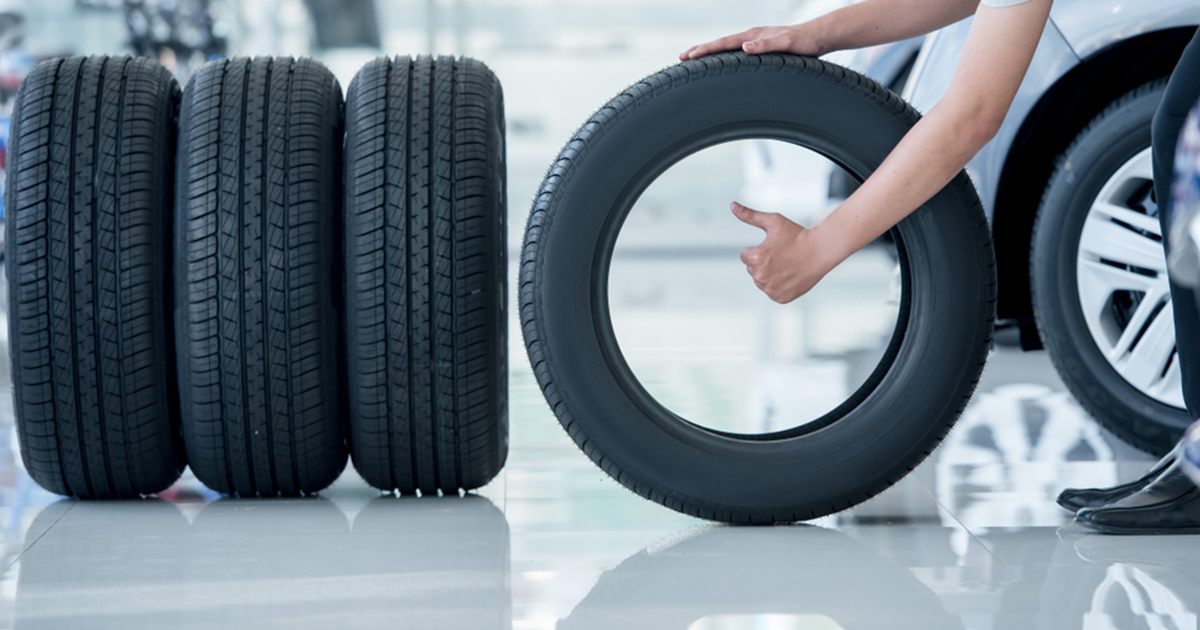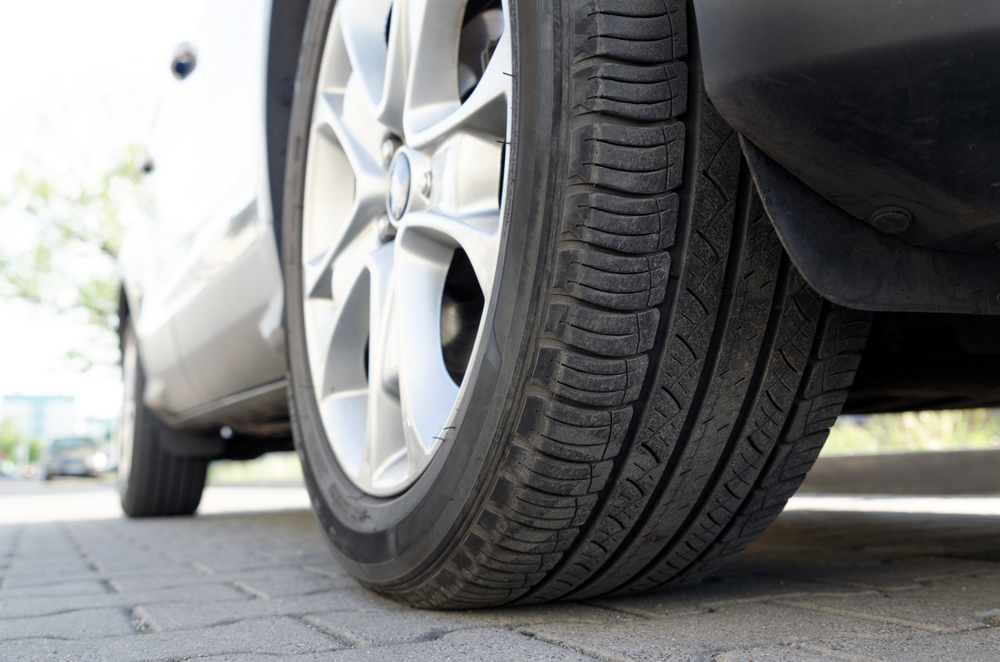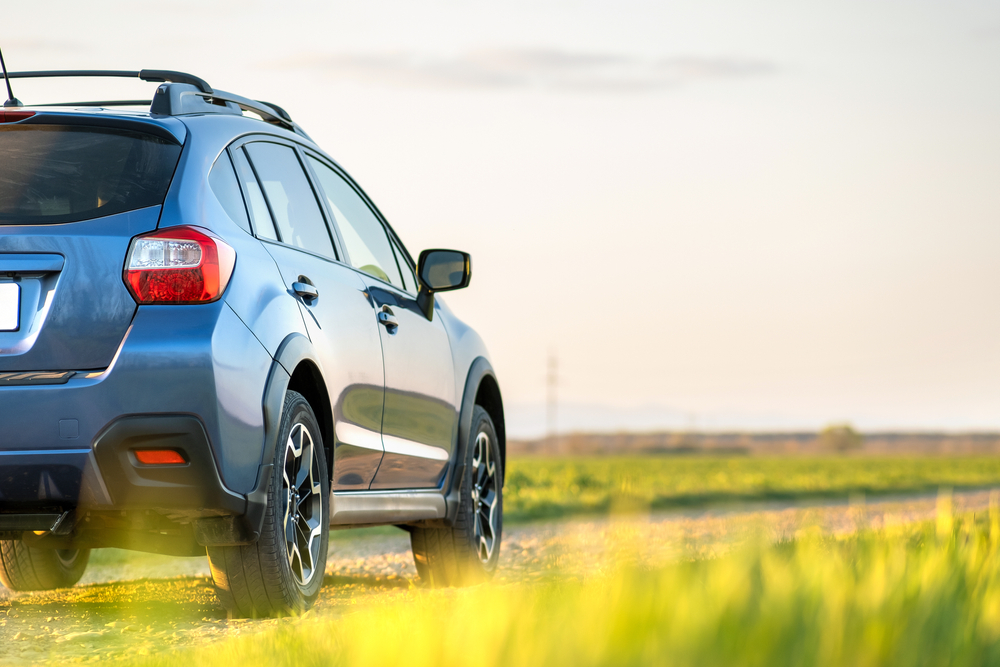With so many sizes and brands to choose from, buying new tires for your car can easily turn into a stressful experience. Luckily, you only need a little bit of knowledge about the different types of tires to choose the right set for your car. That’s why we’ve got you covered with this quick guide for buying tires.
All-Season Tires
As the name implies, all-season tires are meant to handle a variety of weather conditions throughout the entire year. If you want to get the best performance out of your all-season tires, then you’ll need to know which kind to purchase: high performance or grand touring. High performance all-season tires provide a bit more grip and better handling than regular all-seasons. Grand touring tires make your ride a little more comfortable. Regardless of which type of all-season tires you go with, it’s important to know that despite their name, they may not offer the best traction in heavy snowfall or icy conditions. If you live in an area that gets extreme winter weather, you may want to get a proper set of winter tires.
Summer Tires
Summer tires are specifically designed for driving in warm weather. They can handle wet and dry conditions while offering improved steering response and better traction while cornering. However, when the temperature starts to drop, so does the effectiveness of summer tires. In temperatures below five degrees Celsius (40 degrees Fahrenheit) summer tires have less grip on the road, which increases your chances of losing control of your car in wet or icy conditions. So, depending on where you live, it’s a good idea to have different tires for the seasons.
Winter Tires
If you are in a chilly climate that experiences heavy snowfall and icy roads, then you’ll need a good set of winter tires. Winter tires are designed with a flexible rubber compound and have deeper treads than summer and all-season tires. Because of that, winter tires will give you the most traction and control in cold, snowy weather. They’ll also improve your car’s cornering capabilities and stopping power. However, like summer tires, winter tires lose their functionality when it's not their season. Once the weather starts to warm up, the special rubber compound in a winter tire starts to wear down. This reduces the lifespan of your tires, which means you’d have to replace them more often. To save money and keep your car at peak performance, switch to summer or all-season tires during the warmer months.
Choosing the right tires for your car is more than just a matter of performance—it's also a matter of safety. So, in addition to getting tires that are the right size for your vehicle, make sure they’re also for the right season.










